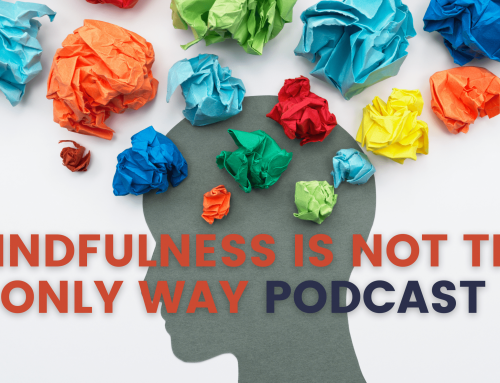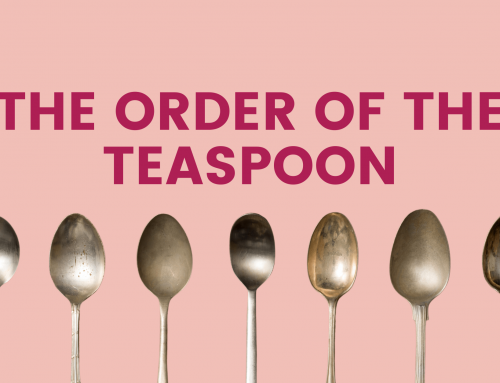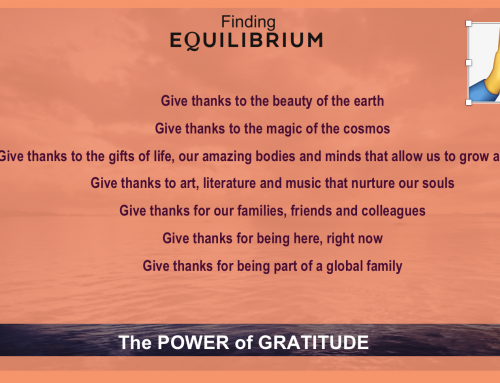
‘OVERWHELM’
If it doesn’t affect you, then believe me, you are in the minority and I encourage you to share your secret by writing a comment below!
At a macro level, overwhelm is a big contributor to personal stress which accounts for as much as 80% of visits to doctors!
So it’s a massive issue for us and is affecting our currently and future wellbeing significantly.

In truth, this abundance of information which is only a click away should be amazing, and it is amazing for many, but for others it isn’t.
It isn’t because we suffer from overwhelm, unprepared for this explosion of digital communications and digital media which is such an integral part of our modern lives.
Just today, I was reading in the Harvard Business Review that many executives now receive some 200 e-mails a day – more than 30k a year. And when you add social media and crowd sourcing applications, well, it’s no surprise why we’re overwhelmed at times, is it?
If overwhelm is affecting your personal wellbeing , here are some tips that could help you feel on top of your responsibilities; give you chunks of time back and most importantly help keep your stress levels under control:
- Build a time-table for a typical week. Yes, a time-table just like you’d get a school, organised into 30 minutes slots. Use this to plot your regular tasks, leaving enough free time for ad hoc projects that will come up every week. The key thing is to create routines or rituals that require less decision-making which equates to less stress as making decisions, any decision, can be stressful.
-
Look at the areas that are causing you the biggest problems. For example, two areas that typically eat up time are email and keeping on top of podcasts, magazines, videos – the endless requests for attention. These are important activities, but, like all tasks need to be grouped as an overall task. This is a strategy that coaches will often recommend and in practice, that means allocating some time each day to review educational and inspirational content, and to review your inbox.
-
If you use a smart phone or a tablet, there are now many online to do list (I use rememberthemilk) which will help you capture, prioritise and schedule tasks, a kind of ‘collection bucket’ to keep your mind clear and your stress levels down! The tools themselves won’t make a disorganised person organised, but they will help make you more efficient.
-
Whatever tools you use, it’s important to have a system in place to review your list of tasks regulalry and prioritise based on outcome. Similarly, just because you get 200 emails doesn’t mean you have to respond to them all or do every tasks. In fact, I find having a ‘must not do’ list very useful!
-
Finally remember that time is your scarcest resource, the importance of which is summed up nicely by Alan Lakein:
‘Time = life; therefore, waste your time and waste your life; or master your time and master your life’
So take action by:
- Considering where you suffer from overwhelm or where you may suffer from too much stress
Create your weekly time-table
Define your must not do list
Train yourself to ask ask regularly ‘if I only accomplish this today, will I be satisfied with my day?’
Let me know how you’re getting on my writing a comment below.







